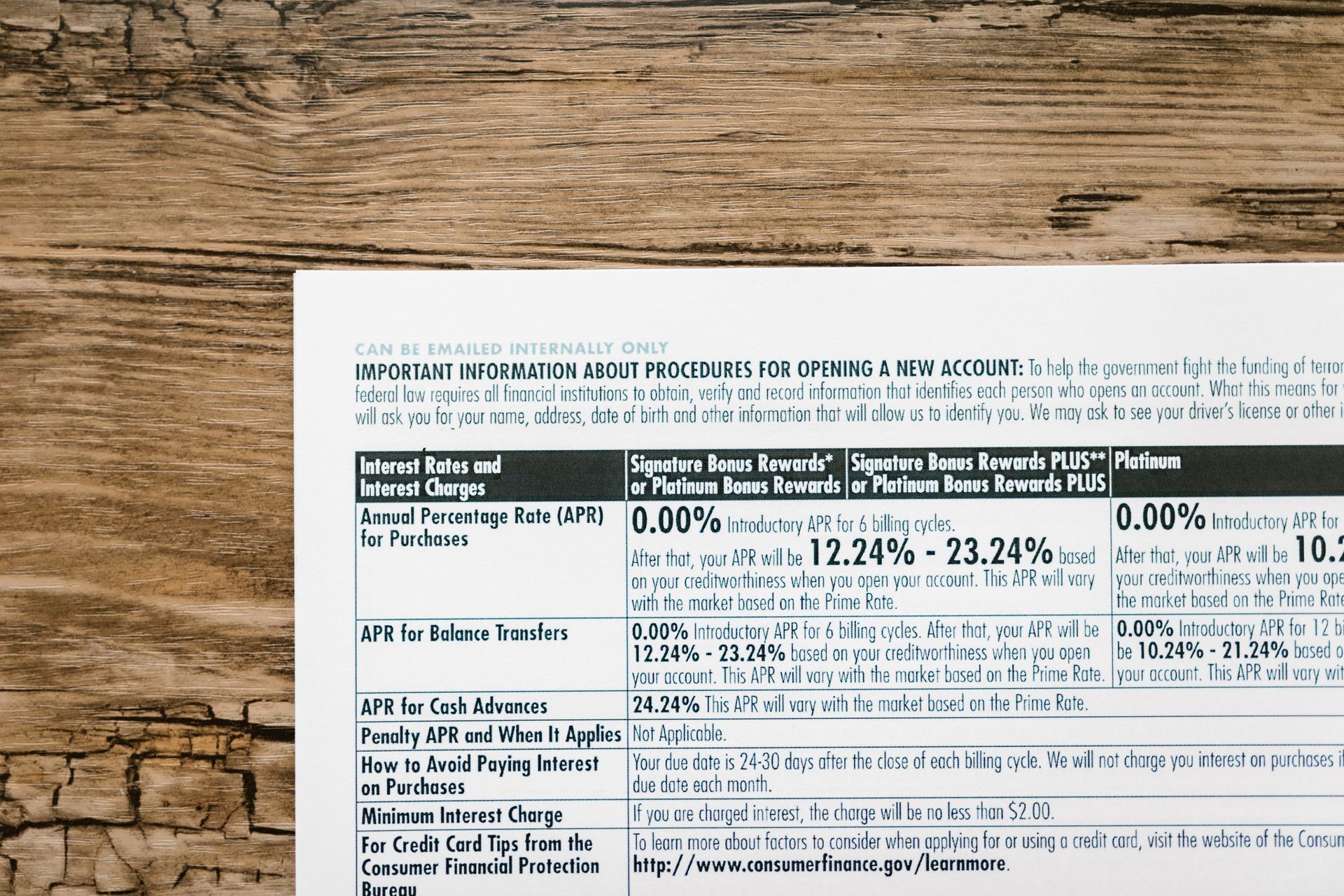Is It Mandatory to Have Insurance For Idaho Residents?

In Idaho, driving without insurance is illegal and can result in fines, license suspension, and even criminal charges. The state requires liability insurance with minimum coverage limits of $25,000 per person and $50,000 per accident for bodily injury, and $15,000 for property damage. Uninsured motorist coverage is optional but recommended to protect against accidents with uninsured drivers.
Failure to maintain required insurance can lead to penalties, including fines up to $1,000 and possible jail time. Understanding Idaho’s insurance laws and minimum requirements is essential for drivers to avoid these consequences and guarantee financial protection in the event of an accident, and to explore further the intricacies of Idaho’s insurance regulations.
Give us a call for more information regarding your policy!
Contact Us
Key Takeaways
- In Idaho, it is illegal to drive without liability insurance, with minimum coverage requirements of $25,000 per person and $50,000 per accident for bodily injury, and $15,000 for property damage.
- Failure to maintain required liability insurance in Idaho can lead to fines, license suspension, and criminal charges.
- First-time offenders face a $75 fine, while subsequent offenses within 5 years may lead to fines up to $1,000 and possible jail time.
- The Idaho Department of Transportation can suspend driving privileges for lack of insurance, with additional charges like driving without privileges (DWP) possible.
- Uninsured motorist coverage is optional but recommended to protect against accidents with uninsured drivers, which is estimated to be nearly one in eight Idaho motorists.
Penalties for Uninsured Drivers
In Idaho, drivers who fail to maintain the required liability insurance can face a range of penalties, including fines, license suspension, and even criminal charges. Uninsured drivers in Idaho risk incurring significant legal consequences, which can have a lasting impact on their driving privileges and financial stability.
A first-time offense for driving without insurance can result in a $75 fine, while subsequent offenses within a five-year period may lead to fines up to $1,000 and possible jail time. The Idaho Department of Transportation can also suspend driving privileges for failure to purchase liability insurance, which can lead to additional charges like driving without privileges (DWP) if a license is suspended due to lack of insurance.
Failure to maintain insurance can lead to a cycle of penalties and legal consequences in Idaho, emphasizing the importance of obtaining and maintaining adequate insurance coverage.
Idaho’s Minimum Insurance Requirements
Idaho’s minimum insurance requirements are designed to guarantee that drivers have sufficient coverage to compensate victims of at-fault accidents. The mandated liability insurance limits are $25,000 per person and $50,000 per accident for bodily injury, and $15,000 for property damage. These requirements assure that drivers have adequate insurance coverage to cover damages in the event of an accident.
In Idaho, liability insurance is mandatory to protect against bodily injury and property damage. Additionally, uninsured motorist coverage is optional but must be offered by insurance companies to protect against uninsured drivers. Underinsured motorist coverage is also available to cover costs if the other driver’s insurance is insufficient.
It is essential for drivers in Idaho to have proof of insurance to comply with state laws and avoid penalties for driving without insurance. Idaho’s fault-based insurance system requires drivers to have liability insurance to cover damages in at-fault accidents. By meeting these minimum insurance requirements, drivers in Idaho can guarantee they have adequate coverage in the event of an accident.
Understanding Liability Coverage
Regularly, liability coverage plays an important role in protecting drivers from financial devastation in the event of an at-fault accident. In Idaho, liability coverage is comprised of two key components: Bodily Injury Liability and Property Damage Liability.
According to Idaho law, minimum coverage requirements for Bodily Injury Liability are $25,000 per person and $50,000 per accident. Property Damage Liability, on the other hand, has a minimum requirement of $15,000. Liability coverage helps pay for injuries and damages caused by the insured driver in an at-fault accident.
By meeting the minimum coverage requirements, drivers can ensure they are financially safeguarded in the event of an accident. However, it’s important to note that higher coverage limits can be purchased for increased protection beyond the state minimum requirements. This provides drivers with additional financial security and peace of mind.
Understanding liability coverage is crucial for drivers in Idaho, as it can have a significant impact on their financial well-being in the event of an accident.
Uninsured Motorist Accident Protection
While liability coverage provides financial protection in the event of an at-fault accident, it does not safeguard against accidents caused by drivers who lack insurance, highlighting the importance of uninsured motorist accident protection.
In Idaho, insurance companies must offer uninsured motorist coverage to protect drivers from financially devastating accidents involving uninsured motorists.
Here are some key points to keep in mind:
- Uninsured motorist coverage protects you in accidents with drivers who don’t have insurance.
- Compulsory offering by insurance companies guarantees that drivers have access to this crucial protection.
- Comprehensive coverage helps cover medical expenses, lost wages, and damages caused by uninsured drivers.
- Policy limits for uninsured and underinsured motorist coverage are typically set at the same amount as liability coverage limits.
Additionally, underinsured motorist coverage is essential to cover costs when the other driver’s insurance is insufficient.
Idaho’s Insurance Laws Explained
Understanding Idaho’s insurance laws is crucial for drivers to navigate the complexities of the state’s fault-based system, where financial protection is contingent upon maintaining adequate coverage.
In Idaho, drivers are required to carry a minimum liability insurance policy with coverage limits of $25,000 per person, $50,000 per accident for bodily injury, and $15,000 for property damage. Uninsured Motorist coverage, although optional, must be offered by insurance companies.
Failure to maintain liability coverage can result in driving privileges being suspended, and drivers may face fines up to $1,000 and even jail time for driving without insurance. The Idaho Department emphasizes the importance of proof of insurance, which is mandatory in the state.
In the event of an accident, drivers must file claims with the at-fault party’s insurance, as Idaho operates under a fault-based insurance system. By complying with these laws, drivers can guarantee they have the necessary financial protection in the event of an accident.
Required Coverage for Idaho Drivers
Idaho’s mandatory insurance requirements guarantee that drivers are financially prepared to assume responsibility for damages or injuries they may cause on the road. These requirements secure that drivers have the necessary coverage to cover costs associated with accidents, protecting themselves and other parties involved.
In Idaho, drivers are required to have the following minimum liability insurance coverage:
- $25,000 per person for bodily injury
- $50,000 per accident for bodily injury
- $15,000 for property damage
- Optional uninsured and underinsured motorist coverage, which must be offered by insurance companies and can be waived by signing a waiver
These minimum coverage limits provide a safety net for drivers, ensuring they can cover damages or injuries they may cause. Additionally, uninsured and underinsured motorist coverage provides protection in cases where the at-fault party’s coverage is insufficient. By meeting these required coverage limits, Idaho drivers can confidently operate their vehicles, knowing they are prepared for any unexpected events on the road.
Driving Without Insurance Consequences
In addition to providing financial protection, Idaho’s mandatory insurance requirements also serve as a deterrent against driving without insurance, as the consequences of non-compliance can be severe.
Driving without insurance is illegal in Idaho and can result in fines ranging from $75 for a first offense to $1,000 for subsequent offenses. A first-time offense within a five-year period is considered an infraction, while subsequent offenses are charged as misdemeanors.
Moreover, the Idaho Department of Transportation can suspend a driver’s privileges for failure to purchase insurance. Additional charges like driving without privileges (DWP) may be imposed if a license is suspended due to lack of insurance.
Under Idaho law, it is important to have valid insurance coverage to avoid legal consequences and maintain financial protection while driving. Failure to comply with the law can lead to serious consequences, including fines and license suspension.
It is essential to prioritize insurance coverage to avoid these consequences and stay compliant with Idaho’s insurance regulations.
Idaho Car Insurance Regulations
Drivers in Idaho must navigate a complex set of car insurance regulations to make sure they have adequate coverage and comply with state laws. Idaho’s auto insurance regulations are designed to protect drivers and ensure they have sufficient coverage in the event of an accident.
Here are the key regulations to keep in mind:
- Minimum coverage: Idaho requires a minimum liability insurance coverage of 25/50/15, which includes $25,000 bodily injury per person, $50,000 bodily injury per accident, and $15,000 property damage per accident.
- Fault-based insurance: Idaho follows a fault-based insurance system, where car accident victims must typically file claims with the at-fault party’s insurance.
- Uninsured motorist coverage: While optional, uninsured motorist coverage is highly recommended to safeguard against accidents with uninsured drivers.
- Leased vehicles: Leased vehicles in Idaho may have different insurance requirements set by the lender, often requiring full coverage insurance.
It’s essential for Idaho drivers to understand these regulations to guarantee they have adequate coverage and comply with state laws. By doing so, drivers can protect themselves and others on the road, while also avoiding potential legal and financial consequences.
Protecting Yourself From Uninsured Drivers
Nearly one in eight motorists on Idaho’s roads is uninsured, highlighting the importance of protecting yourself from the financial consequences of an accident with an uninsured driver. Idaho law mandates that insurance companies offer uninsured motorist coverage, but it is optional for drivers to purchase. This coverage helps cover medical expenses, lost wages, and damages caused by uninsured drivers.
Having uninsured motorist coverage can safeguard you financially in case of an accident with an uninsured driver. Additionally, underinsured motorist coverage is also vital in Idaho to cover costs if the other driver’s insurance is insufficient. By having both types of coverage, you can guarantee that you are adequately protected in the event of an accident.
Being prepared with uninsured motorist coverage can provide peace of mind and protect you financially in the event of an accident. It is essential to carefully review your insurance policy to make sure you have the necessary coverage to protect yourself from the consequences of an accident with an uninsured driver.
Frequently Asked Questions
- Is It Illegal to Not Have Car Insurance in Idaho?
Yes, it is illegal to not have car insurance in Idaho, as state law mandates liability insurance coverage, and driving without it can result in fines, jail time, and license suspension.
- Are You Legally Required to Have Health Insurance in Idaho?
In Idaho, individuals are not legally required to have health insurance, as there is no state-level mandate, and the Affordable Care Act’s individual mandate is no longer enforced, leaving healthcare coverage optional.
- How Much Is a No Insurance Ticket in Idaho?
In Idaho, a no-insurance ticket can result in fines ranging from $75 for a first offense to $1,000 for subsequent offenses, with potential additional charges and license suspension.
- Does Idaho Require Proof of Insurance?
In Idaho, proof of insurance is mandatory, and drivers must carry it at all times, providing it upon law enforcement request, in the form of an insurance card, electronic proof, or a declaration page from the insurer.
Conclusion
In Idaho, driving without insurance is illegal. Failure to maintain the required minimum insurance coverage can result in penalties, fines, and even license suspension.
Idaho’s minimum insurance requirements include liability coverage of at least $25,000 for bodily injury or death of one person, $50,000 for bodily injury or death of multiple people, and $15,000 for property damage. Uninsured motorist protection is also available to protect drivers from accidents involving uninsured motorists.
Idaho’s insurance laws aim to guarantee that drivers are financially responsible for damages they may cause.











